My selection for worst ruler in Russian history is Joseph Stalin for a number of reasons. His barbaric rule, filled with paranoia and genocide, cost the lives of tens of millions of Russian and Soviet lives. The way Stalin handled his colleagues led to a group of men who, after his death in 1953, were unable to lead their country out of its morass. While he may have saved the Soviet Union from the forces of Nazi Germany, his brutality was unmatched except by a few.
Born, Joseph Vissarionovich Dzhugashvilli in 1879, the former Orthodox seminarian, became known in the revolutionary community as Koba before adopting the name Stalin. Arrested numerous times before the overthrow of Tsar Nicholas II, there are rumors of his being a double agent for the Okhrana (the secret police of the Tsarist regime). Any proof of this and anyone who knew about it was wiped out when he became head of the Soviet state.
When Lenin died in 1924, Stalin quickly consolidated his power base to take control of the USSR. Because he was a paranoid man, he found enemies in every corner and use the NKVD, led by Nikolai Yezhov to begin to systematically destroy anyone opposed to his rule. Time and again, numerous purges were carried out where tens of thousands of people were tortured, exiled or executed for real and more often, made up charges of treason. The show trials during the Great Terror of 1936-1939 purged all the Old Bolsheviks that Stalin believed could be threats to his reign. Only those who were totally subservient to him were allowed to live.
To his west, Nazi Germany was arming themselves and despite being warned that they intended to attack the Soviet Union, Stalin signed a non-aggression agreement with them in 1939. When Germany decided to break the agreement in 1941, Stalin’s policies of purging many of the upper echelon of the Soviet army caused a disaster at the front. The USSR was totally unprepared for the invasion and because of this, millions of people died. While he did rally the people and eventually crush the Germans, it was at an incredible cost.
Post World War II, when the Soviet people felt that their sacrifices would lead to a better life, Stalin kept them down trodden. Before his death, he planned another purge of his inner circle and potentially, another world war. Thankfully he died in 1953 before he could unleash another Great Terror. Unfortunately for the Soviet Union, he left a group of neutered men to try to run the country. This eventually led to the failure of the communist system and the dissolution of the USSR in 1991.

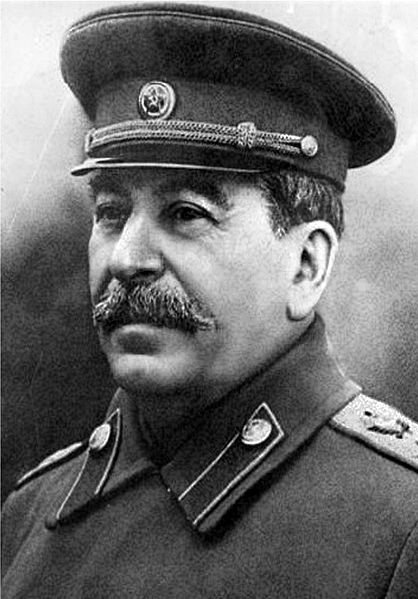
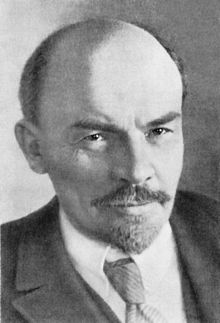
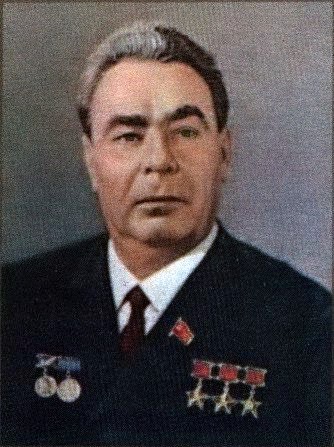
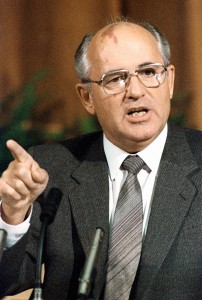
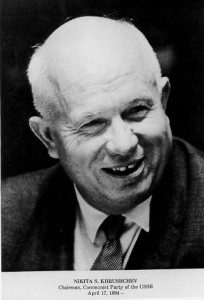
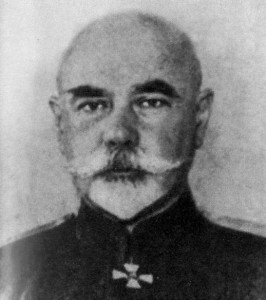

Recent Comments